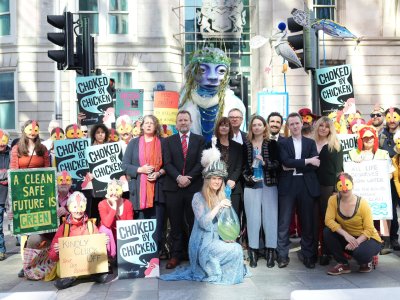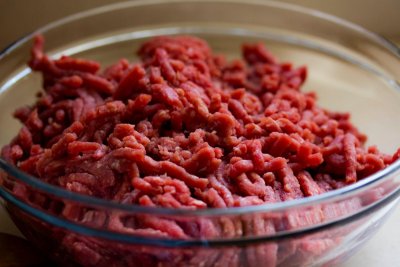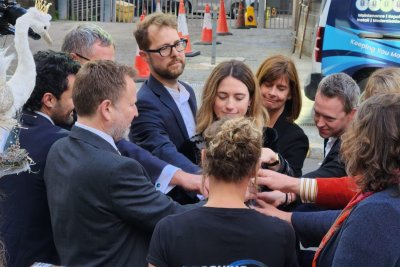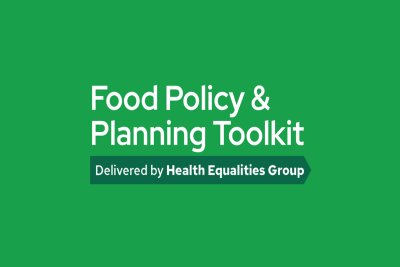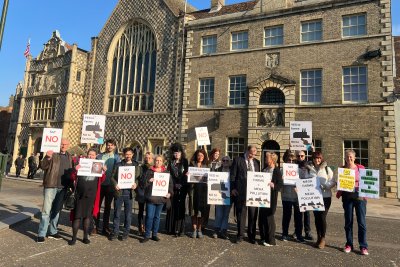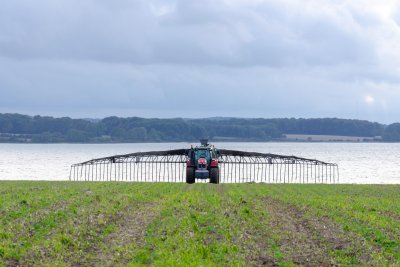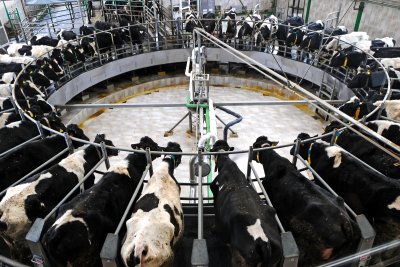 Cow milking facility. Credit: Official | shutterstock
Cow milking facility. Credit: Official | shutterstock
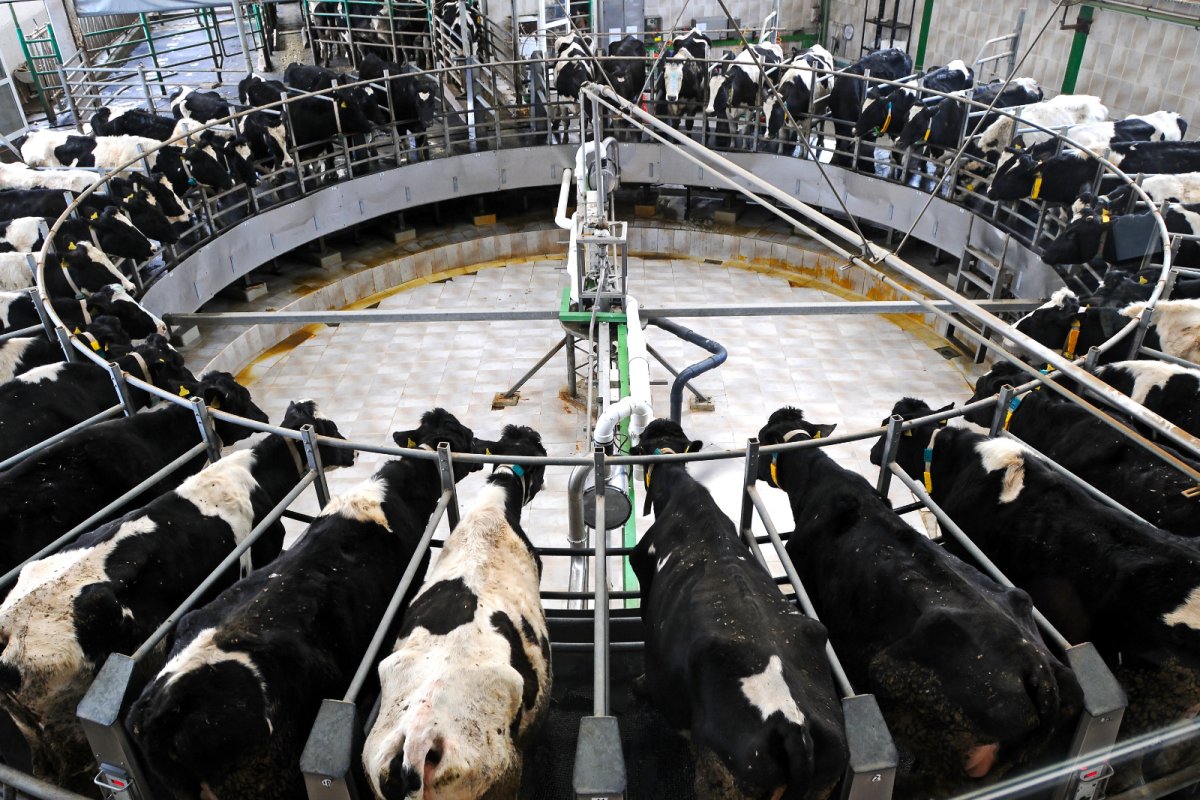
Pollution Pays: UK's largest poultry, pork and dairy firms reward directors with over £12 million
The UK’s largest agri-businesses collectively pay millions to company directors, despite livestock being responsible for the most river pollution incidents in the UK.
New analysis from Sustain has found that five companies, which collectively own and profit from a large proportion of intensive livestock units in the UK, have seen increased revenue and paid generous bonuses to company directors, despite UK rivers being harmed with a 'chemical cocktail' of pollutants, with agriculture the main source.
Avara Foods, which controls over 20% of UK poultry production and supplies up to 4.5 million chickens per week reported a growth in turnover of 5.8% to £1.26 billion for the year ending 31 May 2022. Its directors collectively received £2 million. Avara owns 16 million of the 20 million chickens in the Wye Valley, which is considered to be close to ecological collapse. Moy Park, which controls 30% of the UK poultry market, reported revenues of over £1.53 billion in 2021, and paid £1.5 million to five directors.
According to the latest annual financial report, 2 Sisters, which owns more than 700 poultry farms across the UK, increased turnover to £1.4 in 2021. It’s directors shared pay and bonuses from subsidiary companies of over £5.6 million, with the top paid director receiving over £3 million. Pilgrim’s Pride currently control 25% of UK pork markets and reported revenues of over £1.05 billion in 2021. Its directors shared £1.73 million. Arla Food UK is the largest supplier of fresh milk and cream in the UK and has been criticised for its involvement in intensive dairy operations that raise cows in ‘zero grazing’ systems indoors. Arla reported a turnover of £2.49 billion in 2022 and its six directors shared £1.7million.
Every river in the UK is polluted, with only 14% in good ecological health. As more intensive, indoor animal farming units have spread across the UK, they are producing more slurry effluent than soils and rivers can cope with. Slurry is often spread on land untreated, and when this happens in volumes too great to be absorbed, toxic pollutants runoff into rivers.
Farmers struggling as agribusinesses grow
As the turnover and director pay of large livestock corporations increases, farmers tied into contracts to operate production units have reported that they are struggling to make ends meet, and even making a loss per bird. The news comes after Sustain's research revealed the extent to which farmers are financially exploited by supply chain and retailer businesses, with some receiving just 1% of the profits from common foodstuffs.
Rises in the price of feed have been named as a key factor farmers' financial struggles, and large corporations that buy and sell feed have seen profits soar as farmers are squeezed. Cargill is a multinational commodities company, the second largest private company in America, and it supplies a significant portion of the grain consumed by intensively reared livestock in the UK. Cargill owns a 50% stake in Avara foods and supplies it's feed, and it recorded record revenue of USD 165bn in 2022 as it hiked up its grain prices.
Ruth Westcott, Climate and Nature Emergency Coordinator at Sustain said
"These companies are lining their own pockets while they kill our rivers. The millions being made by intensive meat production is being given to company directors and shareholders, not local farmers, and it's these farmers and rural communities that are left with the problem of dangerously polluted rivers, air and soil. Large parts of England vote today in local elections, and river pollution has been shown to be a key election issue. Local councils have power. They can show they are serious about cleaning up our rivers by adopting planning policy to support nature-friendly farming rather than more intensive livestock units."
Sustain is supporting local councils in the UK to put in place the planning policies needed to halt the spread of polluting factory farming and ensure biodiversity and wildlife decline is reversed. Find out more about our Planning for the Planet campaign in our blog. Councils can join Planning for the Planet now.
Food for the Planet: Helping local authorities to tackle the climate and nature emergency through food.
Sustain
The Green House
244-254 Cambridge Heath Road
London E2 9DA
020 3559 6777
sustain@sustainweb.org
Sustain advocates food and agriculture policies and practices that enhance the health and welfare of people and animals, improve the working and living environment, promote equity and enrich society and culture.
© Sustain 2025
Registered charity (no. 1018643)
Data privacy & cookies
Icons by Icons8
